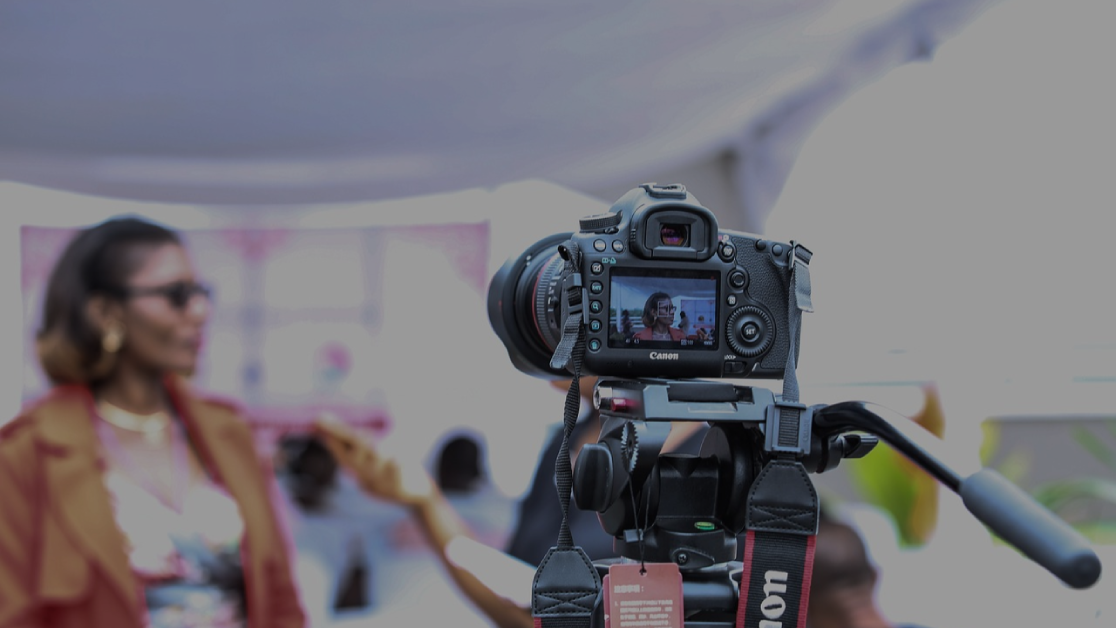
Media Appearance Best Practices – Answering Questions
Below are some key lessons I acquired from TJ Walker’s media training course:
- Strategically choose the easiest questions that allow you to convey your message points effectively. Don’t feel obligated to answer every question, as most follow-up questions often overshadow the rest.
- Prepare a cheat sheet with your main messages for reference during the interview.
- Avoid repeating negative words used by reporters about you. Instead, focus on defining who you are and what you stand for. Reframe questions that could be misleading and easily taken out of context. Example: If someone asks you, Are you a crook? Don’t say I am not a crook. I am proud to say that I have conducted my personal and business lives ethically and honestly.
- Refrain from telling reporters they are wrong or being unfair; engaging in these types of debates is unprofessional and counterproductive.
- If you disagree with a reporter, reframe the question positively and provide your answer accordingly.
- If you don’t know the answer to a question, admit it without feeling embarrassed. After acknowledging your lack of knowledge, gracefully transition back to your main messages.
- Keep your responses concise and resist the urge to impress the audience with unnecessary details.
- When faced with tough or unrelated questions, address them briefly and steer the conversation back to your key messages. Do not ignore the message.
- Aim to incorporate all three main messages into each of your answers, ensuring they are covered in the final story, even if it feels repetitive.
- When confronted with challenging or biased questions, mentally rewrite them into simpler, more positive inquiries that you can answer confidently.
- Focus on controlling your own speech rather than trying to control the interviewer or the interview itself.
- Before the interview, decide on the most crucial points you wish to convey and stick to them. Avoid providing extraneous information that might dilute your key messages.
- Don’t say “good question” or any commentary on the question. Just respond to the question. It can give the impression that others’ questions were not good. It can also give the impression that some questions are bad, discouraging people from asking questions as they may feel that we will be judged. Also, it does not provide any useful information and seems like a waste of time.